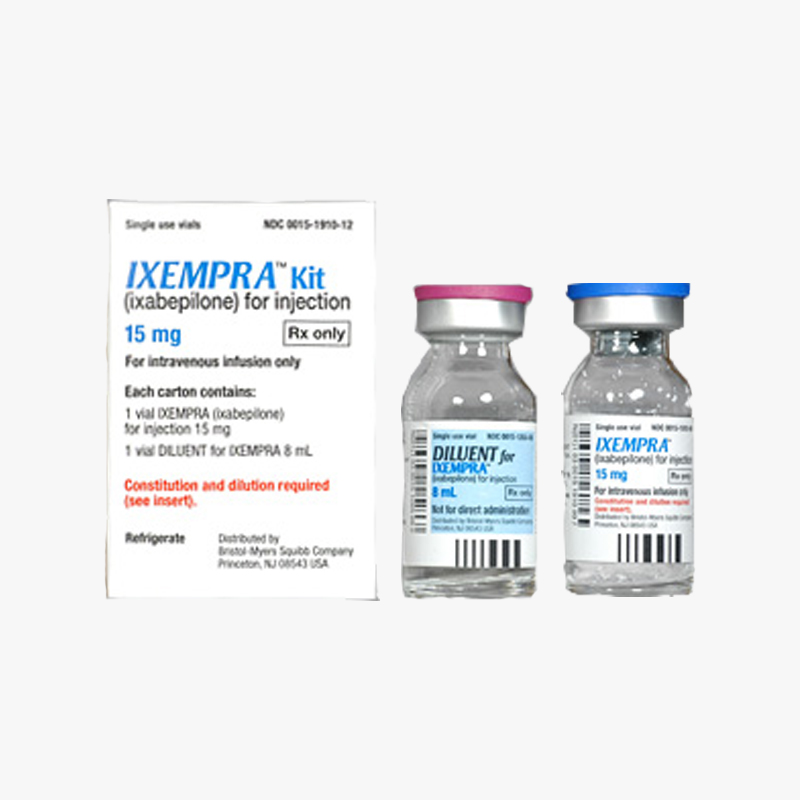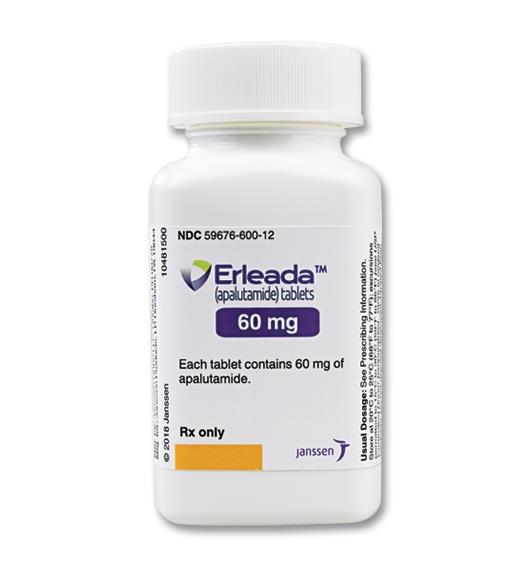Description
Additional Information
Side Effects
Pack Size
3S Corporation is a WHO GDSP approved & licensed Pharmaceutical stockist/wholesaler/distributor/exporter/importer of Ixempra 15 MG & 45 MG based in India - To buy Ixempra 15 MG & 45 MG or know its cost price contact us here.
We supply & sell Ixempra 15 MG & 45 MG for Reference Listed Drugs, Government Tenders, Shortage Lists, Emergency Imports, Name Patient Drugs, Comparator Drug Studies, Un-licensed Importation, clinical trial samples & Bio-Similars.



